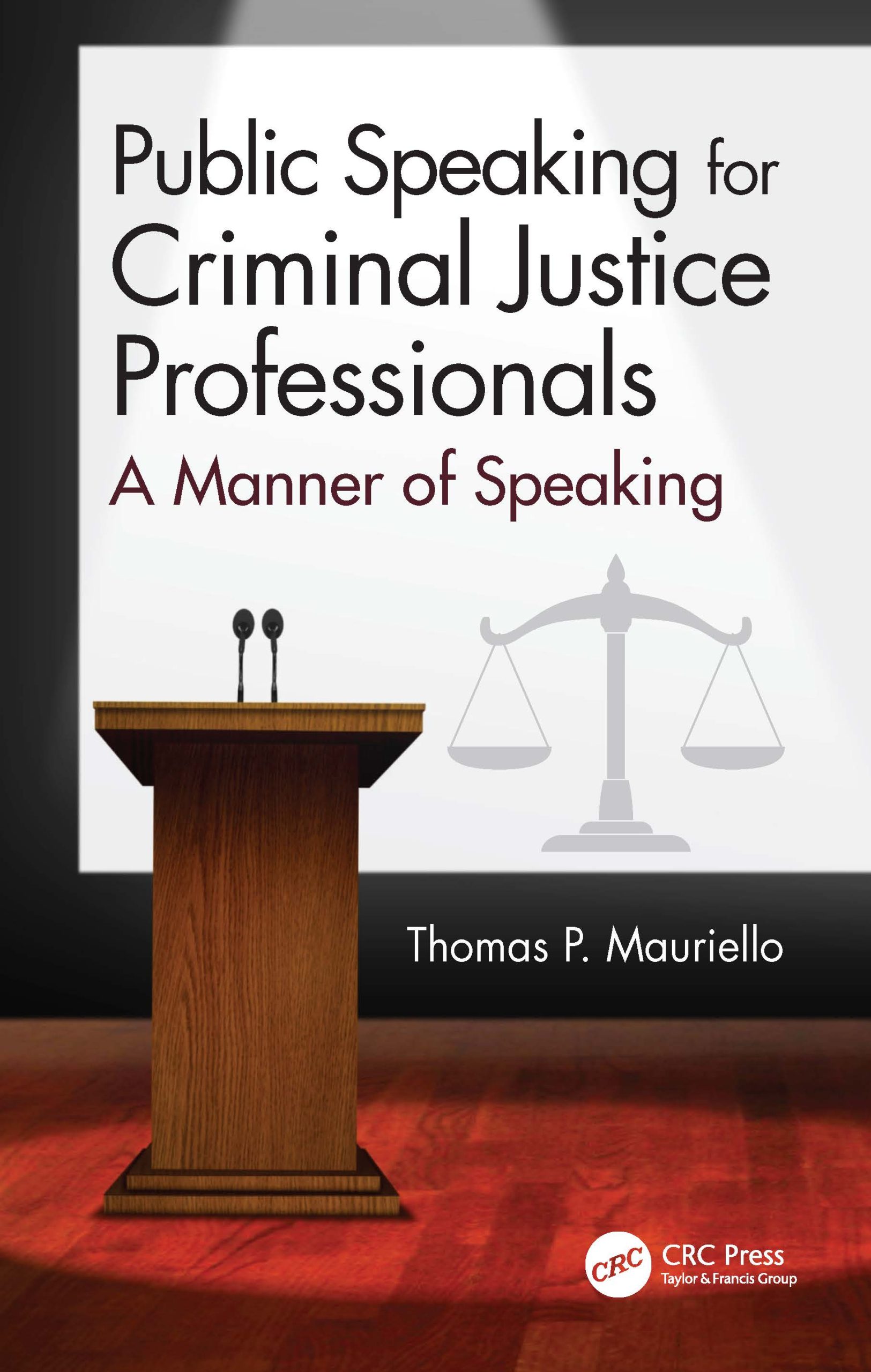Using their Brains – or not: Neuroscience in the Courtroom
When does science infringe on a court’s ability to appropriately decide a case? Neuroscience, the study of the brain, has challenged previous notions regarding juvenile delinquency and the accountability of juveniles for their crimes. Lawyers have increasingly brought brain scans to trial in order to contest the competency of their defendants at the time of police interrogations, guilty pleas, or the crime. Neuroscientists in this article have mixed feelings about certain studies used in courts. Some believe that brain scans are used too often, and some also feel that these scans could have negative consequences. As of now, it is left to the judge’s discretion on whether such studies should be admitted into evidence.
To read the full article, click here!
Citation: Hamilton, J. (November 12, 2013) NPR. The Case Against Brain Scans as Evidence in Court. Retrieved November 12, 2013 from http://www.npr.org/blogs/health/2013/11/12/244566090/brain-scans-shouldnt-get-their-day-in-court-scientists-say.
[Abstract written by Emily McGowan, ForensIQ Intern]






